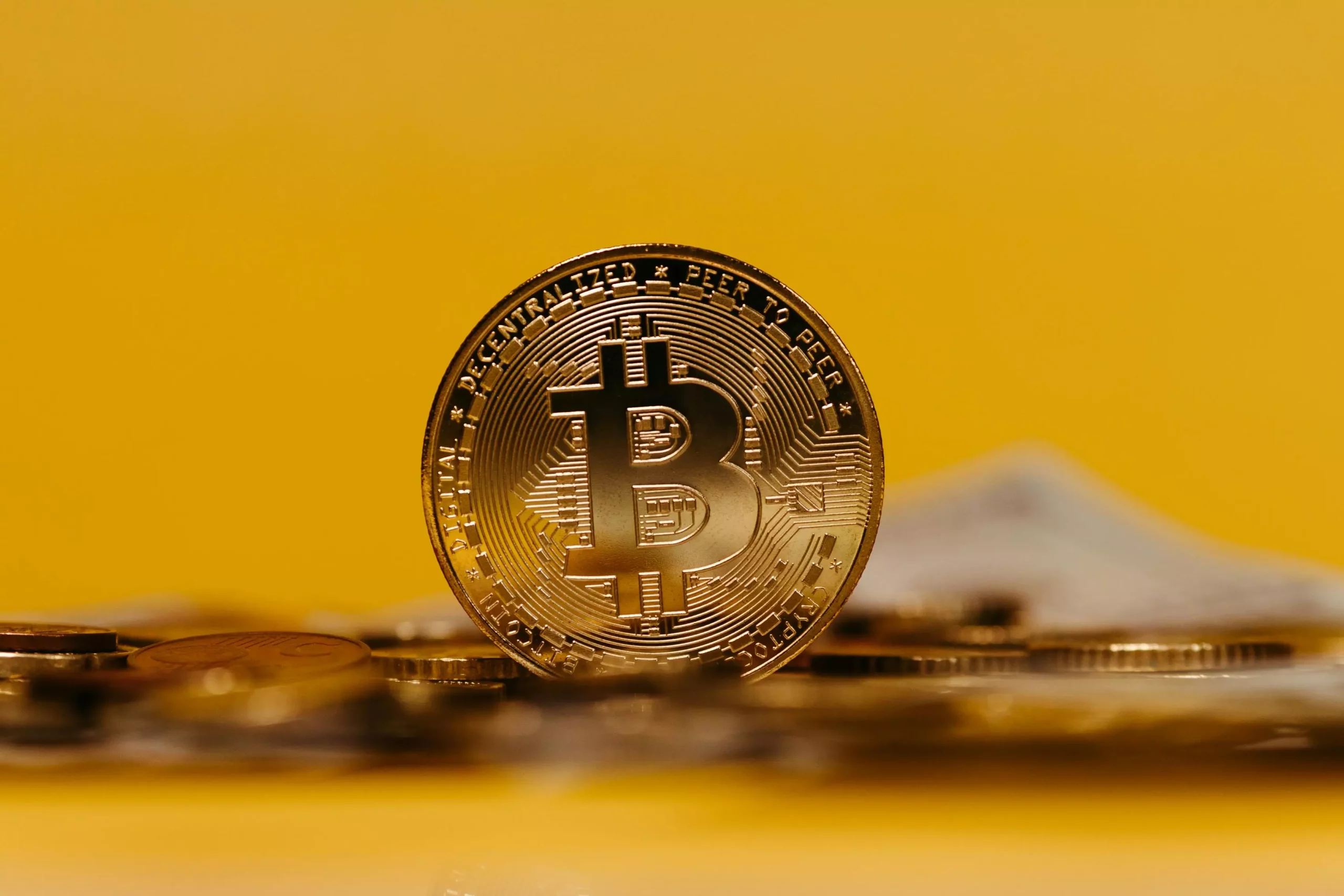In recent months, the potential establishment of a US Bitcoin Strategic Reserve has generated notable discussions among advocates and critics alike. Advocates of the reserve argue that such a move could consolidate the United States’ leading position in the ever-evolving global cryptocurrency landscape. However, skepticism persists within the crypto community, especially from influential figures like Ki Young Ju, CEO of CryptoQuant. Young Ju’s reservations primarily revolve around the likelihood of this initiative gaining traction in an administration that may not prioritize cryptocurrency in the context of existing economic frameworks.
Young Ju’s critique centers on the general economic strategy of the incoming administration and the underlying belief that the US dollar is already perceived as a safe haven. He suggests that the promotion of a Bitcoin reserve may not resonate well with policymakers focused on sustaining dollar dominance. Historically, discussions around reserve assets—such as gold—intensified during times of perceived economic threats, and Young Ju’s argument suggests that the current climate does not evoke such urgency, as there remains substantial confidence in the US economy and its currency.
Historical Context and Economic Confidence
To fully comprehend the context of Young Ju’s skepticism, it is vital to reflect on how economic fears have historically influenced commodity investment trends. When economic hegemony is threatened, commodities like gold see price escalations. This pattern reflects a deeper societal sentiment favoring tangible assets during times of uncertainty. Interestingly, while Bitcoin has garnered attention as a modern store of value, the sentiment surrounding it is still evolving, particularly in relation to traditional assets like gold.
Young Ju believes that if American economic dominance faces a plausible challenge, we could witness an elevation in Bitcoin’s desirability as a reserve asset. However, he reassures us that current market indicators do not suggest immediate threats to the dollar’s status. The confidence in the US economy remains robust—evidence that resonates with investors who still prefer dollar-backed instruments over cryptocurrency alternatives. Thus, without a significant economic upheaval, the drive for a Bitcoin reserve lacks sufficient momentum.
US Crypto Dominance and Political Influences
According to government statistics, the US was responsible for processing 37.8% of the world’s Bitcoin in 2022, affirming its position as a leader in cryptocurrency mining. However, Young Ju posits that President Trump’s views on Bitcoin may undergo a transformation depending not only on the technological landscape but also on the political tides influencing the administration’s economic stance. The interplay between economic resilience and political stability is critical; should Trump illustrate robust economic performance, his approach to Bitcoin advocacy could shift.
For instance, if Trump focuses on reinforcing the dollar’s supremacy to bolster his political image, his previous endorsements of Bitcoin might recede. Adopting a more cautious strategy could enable him to align with traditional economic frameworks that his voter base finds reassuring, thereby allowing him to navigate the complexities of emerging financial technologies without alienating core supporters.
The discussion surrounding a Bitcoin Strategic Reserve in the United States reveals a broader tension between innovation and traditional economic values. As many cryptocurrency advocates push for greater institutional acceptance, seasoned crypto analysts like Ki Young Ju remind us of the challenges posed by a prevailing reliance on established financial systems and the US dollar’s status as a global anchor.
Ultimately, the future of Bitcoin as part of US economic strategy hinges on emerging market sentiments and geopolitical shifts. While Bitcoin faces significant potential, its path to becoming a recognized reserve asset is fraught with complex layers of political and economic considerations. For now, the dialogue remains speculative, resting on the outcomes of both market confidence and the political landscape shaped by the administration in place. Without a genuine threat to US economic supremacy, the hopes for a Bitcoin reserve remain more of an ideal than an imminent reality.


Leave a Reply